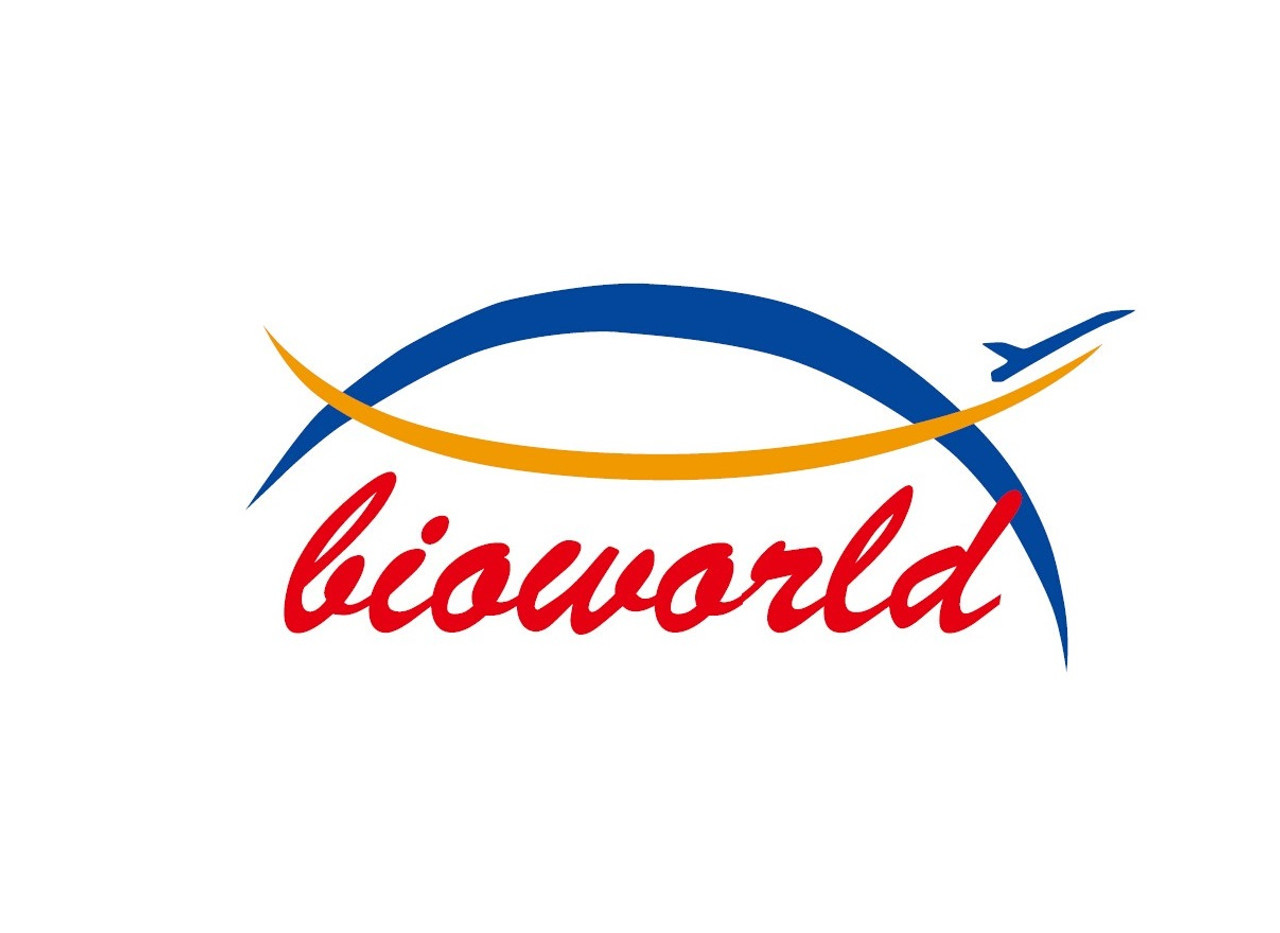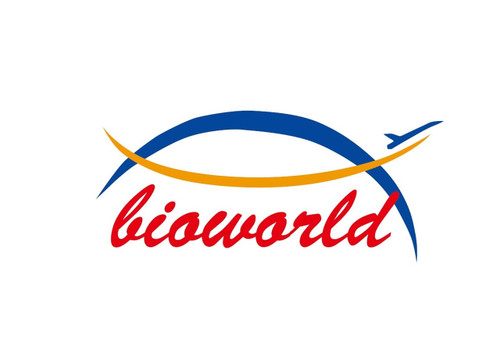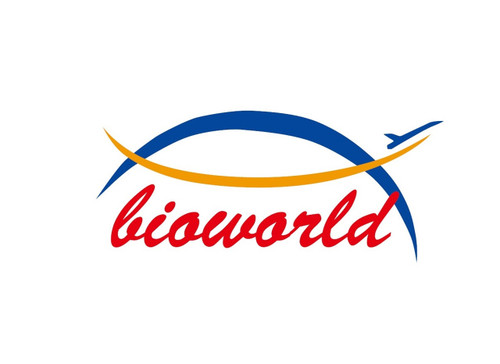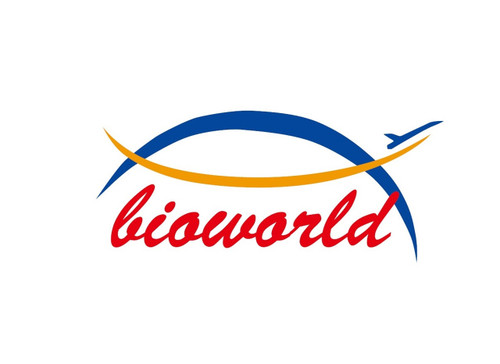Product Description
ALK monoclonal Antibody | MB62116 | Bioworld
Host: Mouse
Reactivity: Human, Mouse, Rat
Application: WB
Application Range: WB 1:2000
Background: This gene encodes a receptor tyrosine kinase, which belongs to the insulin receptor superfamily. This protein comprises an extracellular domain, an hydrophobic stretch corresponding to a single pass transmembrane region, and an intracellular kinase domain. It plays an important role in the development of the brain and exerts its effects on specific neurons in the nervous system. This gene has been found to be rearranged, mutated, or amplified in a series of tumours including anaplastic large cell lymphomas, neuroblastoma, and non-small cell lung cancer. The chromosomal rearrangements are the most common genetic alterations in this gene, which result in creation of multiple fusion genes in tumourigenesis, including ALK (chromosome 2) /EML4 (chromosome 2), ALK/RANBP2 (chromosome 2), ALK/ATIC (chromosome 2), ALK/TFG (chromosome 3), ALK/NPM1 (chromosome 5), ALK/SQSTM1 (chromosome 5), ALK/KIF5B (chromosome 10), ALK/CLTC (chromosome 17), ALK/TPM4 (chromosome 19), and ALK/MSN (chromosome X) . [provided by RefSeq, Jan 2011]
Storage & Stability: PBS (PH 7.3) containing 1% BSA, 50% glycerol and 0.02% sodium azide.
Specificity: anaplastic lymphoma receptor tyrosine kinase
Molecular Weight: 176.3 kDa (Predicted)
Note: For research use only, not for use in diagnostic procedure.
Alternative Names: CD246; NBLST3
Immunogen: Human recombinant protein fragment corresponding to amino acids 1300-1620 of human ALK (NP_004295) produced in E.coli.
Conjugate: Unconjugated
Modification: Unmodification
Purification & Purity: Purified from mouse ascites fluids or tissue culture supernatant by affinity chromatography (protein A/G)
Pathway: N/A
 Euro
Euro
 USD
USD
 British Pound
British Pound
 NULL
NULL








